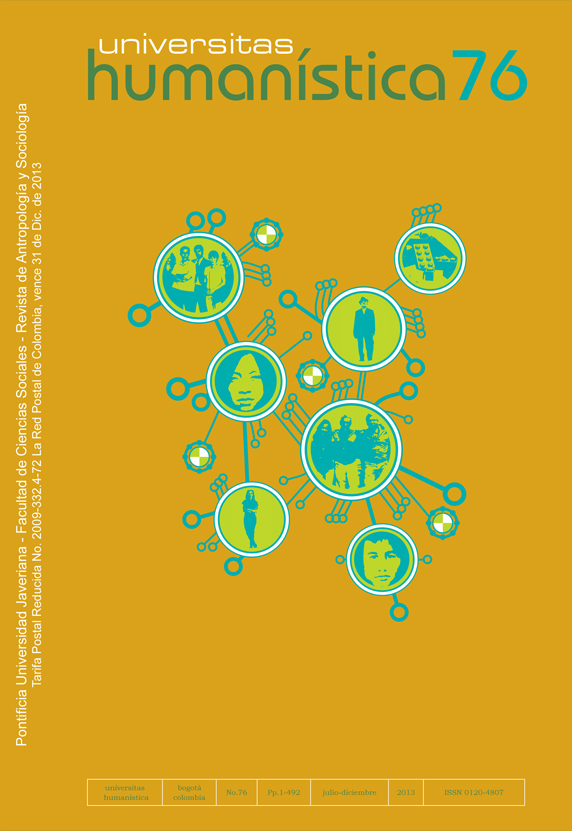Abstract
This article presents the results of a research aimed to establish whether the indicators proposed by the Colombian government to measure the progress within the Information Society, IS, in the country allows to determine digital inclusion processes. Indicators were classified as follows: aspects that enable digital inclusion and participation in the IS, guidelines for evaluation (supply / demand for services); and population. The main results were the identification of 273 indicators, of which 67.4% assesses enabling aspects and 32.6% assesses participation. 83.9% of the indicators evaluates the offer and 16.1%the demand. Furthermore, we found that 12.5% of the indicators focuses on measuring population groups, from which 47% measure vulnerable groups. The results show that it is necessary to propose indicators that helps to understand the participation of citizens in the information society.

This journal provides immediate open access to its content on the principle that making research freely available to the public, encourages greater global exchange of knowledge.
The journal Universitas Humanística is registered under a Creative Commons Attribution 4.0 International Public License. Thus, this work may be reproduced, distributed, and publicly shared in digital format, as long as the names of the authors and Pontificia Universidad Javeriana are acknowledged. Others are allowed to quote, adapt, transform, auto-archive, republish, and create based on this material, for any purpose (even commercial ones), provided the authorship is duly acknowledged, a link to the original work is provided, and it is specified if changes have been made. Pontificia Universidad Javeriana does not hold the rights of published works and the authors are solely responsible for the contents of their works; they keep the moral, intellectual, privacy, and publicity rights.
Approving the intervention of the work (review, copy-editing, translation, layout) and the following outreach, are granted through an use license and not through an assignment of rights. This means the journal and Pontificia Universidad Javeriana cannot be held responsible for any ethical malpractice by the authors. As a consequence of the protection granted by the use license, the journal is not required to publish recantations or modify information already published, unless the errata stems from the editorial management process. Publishing contents in this journal does not generate royalties for contributors.


